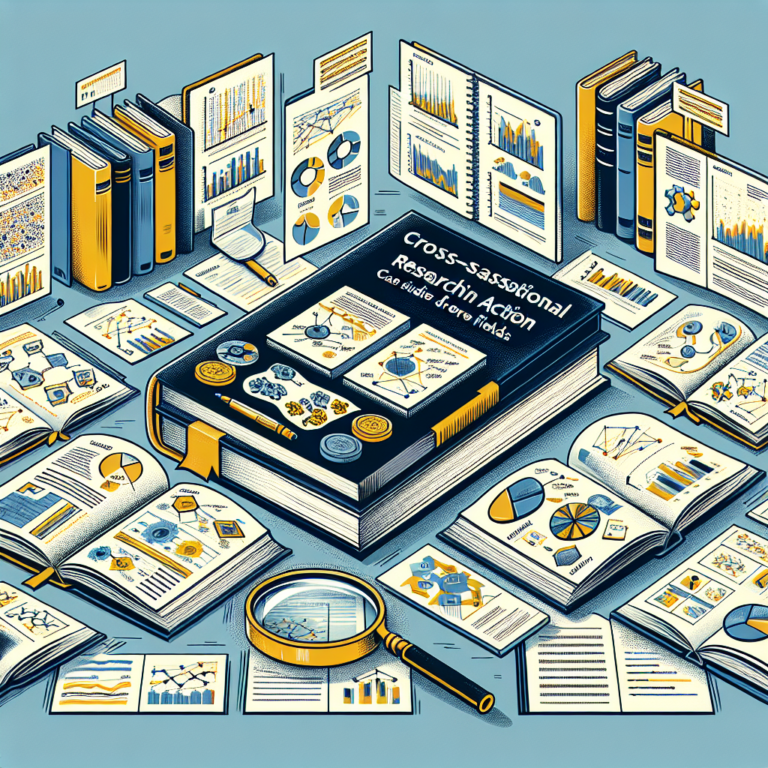
Introduction
In today’s fast-paced world, understanding ourselves and the people around us has never been more crucial. Emotional intelligence (EI) has emerged as a key competence, influencing everything from personal relationships to professional success. Yet, despite its significance, many individuals struggle to develop and harness their emotional capabilities effectively. This is where psychometrics steps in. Harnessing the Power of Psychometrics: Tools to Enhance Emotional Intelligence can transform the way we perceive and engage with our emotions and those of others. Through insightful assessments and data, psychometric tools offer unprecedented opportunities for personal growth, leadership development, and collaborative success.
What is Psychometrics?
Psychometrics is the field of study concerned with the theory and technique of psychological measurement. This includes the measurement of knowledge, abilities, attitudes, personality traits, and emotional intelligence. By analyzing data derived from assessments, individuals and organizations can gain insights into emotional patterns and behaviors, ultimately driving improvement and awareness in interpersonal dynamics.
The Role of Emotional Intelligence
Emotional intelligence is the ability to identify, understand, manage, and utilize emotions effectively. It comprises several key components, including self-awareness, self-regulation, motivation, empathy, and social skills. With a high EI, individuals can navigate social complexities with greater ease and perform better in collaborative environments.
Importance of Harnessing Psychometric Tools
Despite the clear benefits of emotional intelligence, many people fail to cultivate it. Harnessing the Power of Psychometrics: Tools to Enhance Emotional Intelligence allows individuals and organizations to identify gaps in emotional understanding and provides tailored strategies for improvement.
The Elements of Psychometric Tools for Emotional Intelligence
1. Assessments and Questionnaires
Psychometric assessments and questionnaires serve as primary tools for evaluating emotional intelligence. Some popular tools include:
Emotional Quotient Inventory (EQ-i)
The EQ-i provides a comprehensive evaluation of an individual’s emotional and social functioning. By assessing components like stress management, decision-making, and interpersonal relationships, this tool helps individuals identify strengths and weaknesses in their emotional skills.
Mayer-Salovey-Caruso Emotional Intelligence Test (MSCEIT)
The MSCEIT measures emotional intelligence based on the ability to perceive, use, understand, and manage emotions. This ability-based test provides insights into how an individual can handle emotionally charged situations.
2. 360-Degree Feedback
Collecting feedback from various stakeholders—such as colleagues, supervisors, and direct reports—can offer significant insights into an individual’s emotional intelligence. This multi-perspective approach helps individuals recognize discrepancies between self-perception and how others perceive them.
3. Workshops and Training Programs
Structured training programs utilize psychometric tools to enhance emotional intelligence. These workshops often combine assessments with interactive exercises that foster self-awareness and emotional regulation.
4. Data Analytics
Leveraging data analytics allows organizations to measure emotional intelligence across teams or departments. By analyzing trends and patterns, employers can identify areas for development and create targeted training initiatives.
Case Studies: Real-World Applications
Case Study 1: Enhancing Team Dynamics at XYZ Corporation
At XYZ Corporation, a technology company, a significant issue arose when team collaboration began to deteriorate. The management decided to implement a comprehensive emotional intelligence training program using psychometric assessments.
Analysis:
Assessment: Team members took the EQ-i assessment to identify their emotional strengths and weaknesses.
Feedback: A 360-degree feedback mechanism enabled team members to see how their emotional intelligence affected others.
Training: Resulting workshops focused on empathy development and emotional regulation.
- Outcome: Within six months, the organization noticed a 30% increase in team collaboration and a 25% drop in conflict-related incidents.
This case illustrates how Harnessing the Power of Psychometrics: Tools to Enhance Emotional Intelligence can lead to tangible improvements in workplace environments.
Case Study 2: Increased Leadership Effectiveness at ABC Inc.
ABC Inc. implemented a psychometric assessment regime for its leadership team to bolster their emotional intelligence.
Analysis:
Initial Assessment: The MSCEIT was administered to identify leaders’ emotional abilities.
Targeted Development: Training focused on encouraging leaders to enhance their empathy and social awareness.
Follow-Up Evaluation: Subsequent evaluations showed an increase in employee satisfaction and engagement.
- Outcome: Leadership effectiveness improved dramatically, leading to higher retention rates and a more positive corporate culture.
Through this case, we see how Harnessing the Power of Psychometrics: Tools to Enhance Emotional Intelligence can cultivate effective leaders who drive company success.
Integrating Psychometric Tools in Daily Life
Simply understanding psychometric tools isn’t enough; they must be integrated into daily life and work culture. Here are actionable steps to apply psychometrics effectively:
A. Self-Reflection
Encouragement toward regular self-assessment and reflection can foster self-awareness. Keeping a journal that tracks emotional responses and behaviors can illuminate patterns.
B. Regular Feedback Loops
Employers should promote a culture of feedback where employees feel comfortable sharing their emotions and perceptions.
C. Incorporate Emotional Intelligence into Leadership
Leaders should model the behaviors associated with high emotional intelligence. Training should emphasize the importance of empathy and social awareness.
Conclusion
In a world where emotional intelligence is becoming increasingly vital, Harnessing the Power of Psychometrics: Tools to Enhance Emotional Intelligence serves as a game-changer. Through assessments, peer feedback, and structured training, individuals can cultivate stronger emotional skills that enhance personal and professional interactions.
The journey to enhanced emotional intelligence is continuous, requiring commitment and practice. By integrating psychometric tools into everyday life, anyone can harness their emotional potential, leading to improved relationships, greater success at work, and overall enhanced well-being.
FAQs
1. What are the primary benefits of improving emotional intelligence?
Improving emotional intelligence leads to better communication, increased empathy, effective conflict resolution, and improved relationships both personally and professionally.
2. How can I measure my emotional intelligence?
You can measure your emotional intelligence through various psychometric assessments like the EQ-i and MSCEIT, which provide insights into your emotional abilities.
3. Can emotional intelligence be developed over time?
Yes, emotional intelligence can be developed through self-reflection, training programs, and regular feedback, enabling individuals to enhance their emotional skills continuously.
4. Are psychometric assessments reliable?
When conducted and interpreted correctly, psychometric assessments offer a reliable measure of emotional intelligence and other traits, providing valuable insight into personal and interpersonal dynamics.
5. How often should I assess my emotional intelligence?
Regular assessments can be beneficial. It’s advisable to review emotional intelligence every six months to a year, allowing time to reflect on growth and skill enhancement.
By embracing the lessons of this exploration, readers can Harness the Power of Psychometrics: Tools to Enhance Emotional Intelligence, fostering a more emotionally aware and harmonious world. Take the leap today and invest in your emotional intelligence journey!














